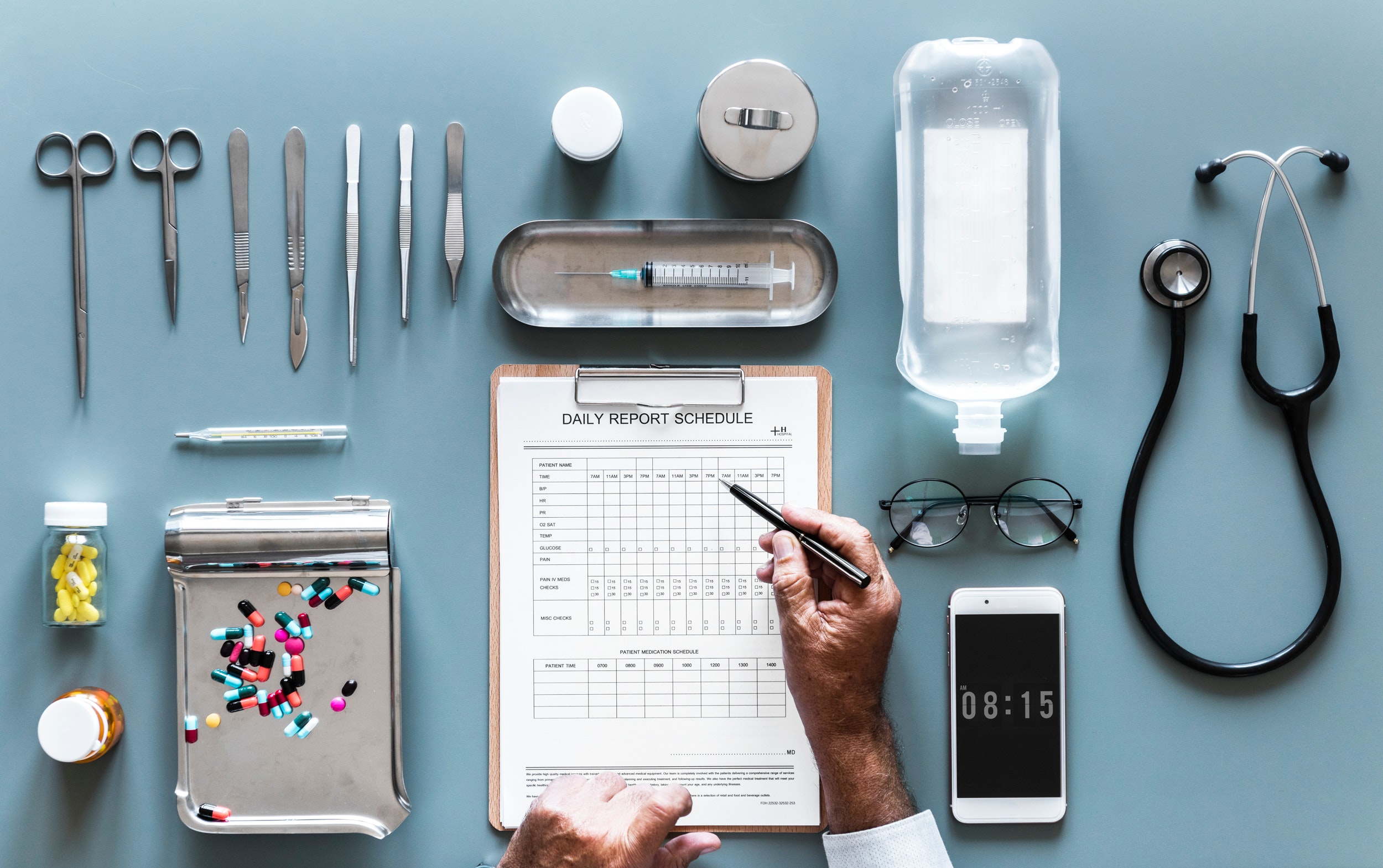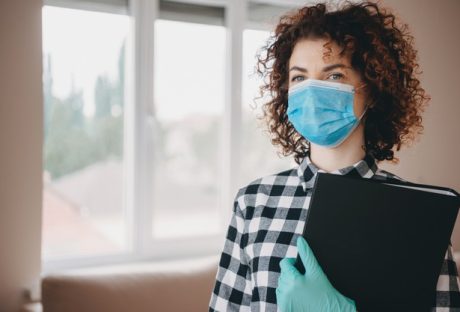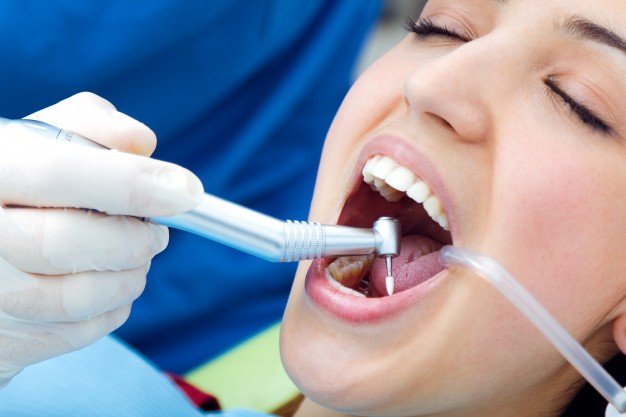Ongoing evolution and revolution in medical, drug, and healing technologies have granted creative freedom in innovation and products in the market to make our lives safer and more comfortable. Yet the European Commission and European Union and the Member States maintain a balance between bringing new technologies onto the European market and the need to vete those technologies in advance for safety and efficacy, the two main elements of the risk analysis for medical devices, OTC drugs, and combination drug-devices. While patients may wish for an entirely open door to potentially healing and life-saving technologies, the Commission limits those technologies to account for effectiveness and risk per the various Medical Device Directives, the Council Directive 90/385/EEC on Active Implantable Medical Devices (AIMDD) (1990) Council Directive 93/42/EEC on Medical Devices (MDD) (1993) Council Directive 98/79/EC on In Vitro Diagnostic Medical Devices (IVDMD) (1998).
In addition, there is the consideration of a proper quality system in place to ensure that adverse events, impurities, and other key issues are taken into account by companies wishing to place medical products on the European Market.
What is a CE Marking?
A certification was required to ensure the safety, effectiveness, and quality of any medical product such as medical devices, before that’ product’s circulation in the market. Each country has it’s own regulations when it comes to importing the medical devices, such as overseas approval in Hong Kong where reference country approval can expedite the review process. This requirement led to the foundation of CE Marking in 1985. CE Marking or CE Mark is short for “Conformité Européene,” or in English “European Conformity.” The CE Mark is a kind of certification which indicates that a product lies within the health, safety, and environmental protection and quality standards as defined by EU directives. In simpler words, CE Mark is a sign that the manufacturer of the product claims that the product meets the appropriate regulatory requirements.
Why is CE Marking necessary?
CE Marking is the crucial ticket for your company’s medical device to the EU Market (read more on Medical Devices HQ) and to lend the opportunity for a greater success of the product.
The certification of safety is necessary for a medical product to ensure that there are no hazardous side-effects pertaining to health and the environment. Besides this, CE Marking is a legal obligation for placing a product in any market which comes under the legislation of the European Union.
Expansion into the global market is a key important factor for the commercialization of products for any manufacturer of medical devices. The European Union is too big and technologically advanced a market to be ignored. CE Marking is the crucial ticket for your company’s medical device to the EU Market and to lend the opportunity for a greater success of the product.
How to obtain CE Marking for your product?
To obtain CE Marking, it is of utmost importance that you observe each of the regulatory requirements specified by the European Union. This is for preparing your product strictly according to the predefined guidelines for CE Marking.
There are many complex imperative requirements in obtaining CE Mark for your product. Even after all the fishing and research, it happens quite often that your form for CE Marking faces some administrative setbacks.
It is important for a regulatory pathway for the medical product to be clearly delineated so you as a company have clear guidelines as to what needs to do, either via self-certification in the case of a Class 1 device or compliance with “Notified Body” (semi-governmental gatekeepers for medical products in the European Union) requirements.
Moreover, there are a number of overlapping EU directives and regulations involving many products, including the REACH Regulation, the Medical Device Directives cited above, the Biocidal Products Directive, and the Personal Protective Equipment Directive.
These are all important reasons for which is highly advisable to obtain professional assistance in drafting the form and other documents for the CE Marking of your product and especially for the key Technical File in the case of Class 1 devices. For example, while looking for CE Mark for medical devices in Israel, it is important for you to contact a legal person who will prepare or review a foolproof form and which, in turn, will ensure quicker delivery of the CE Mark for your product.
This CE Mark expert will make sure to categorize your product according to the set guidelines and do all the other Technical Documentation to show the compliance of your product with the regulatory requirements, along with the right Conformity Assessment Procedure. Hiring a professional law firm will ensure that, independent of the size of your business/ company, your form for CE Mark gets the necessary attention.
To sum it up
CE Mark, besides being an entry pass in the European market, is also a necessity for your medical device to flourish in any of the EU Member State markets. So, before submitting your form of CE Mark for Medical Devices in Israel, hire a professional to review your regulatory pathway into the EU first!
Read Also :






















